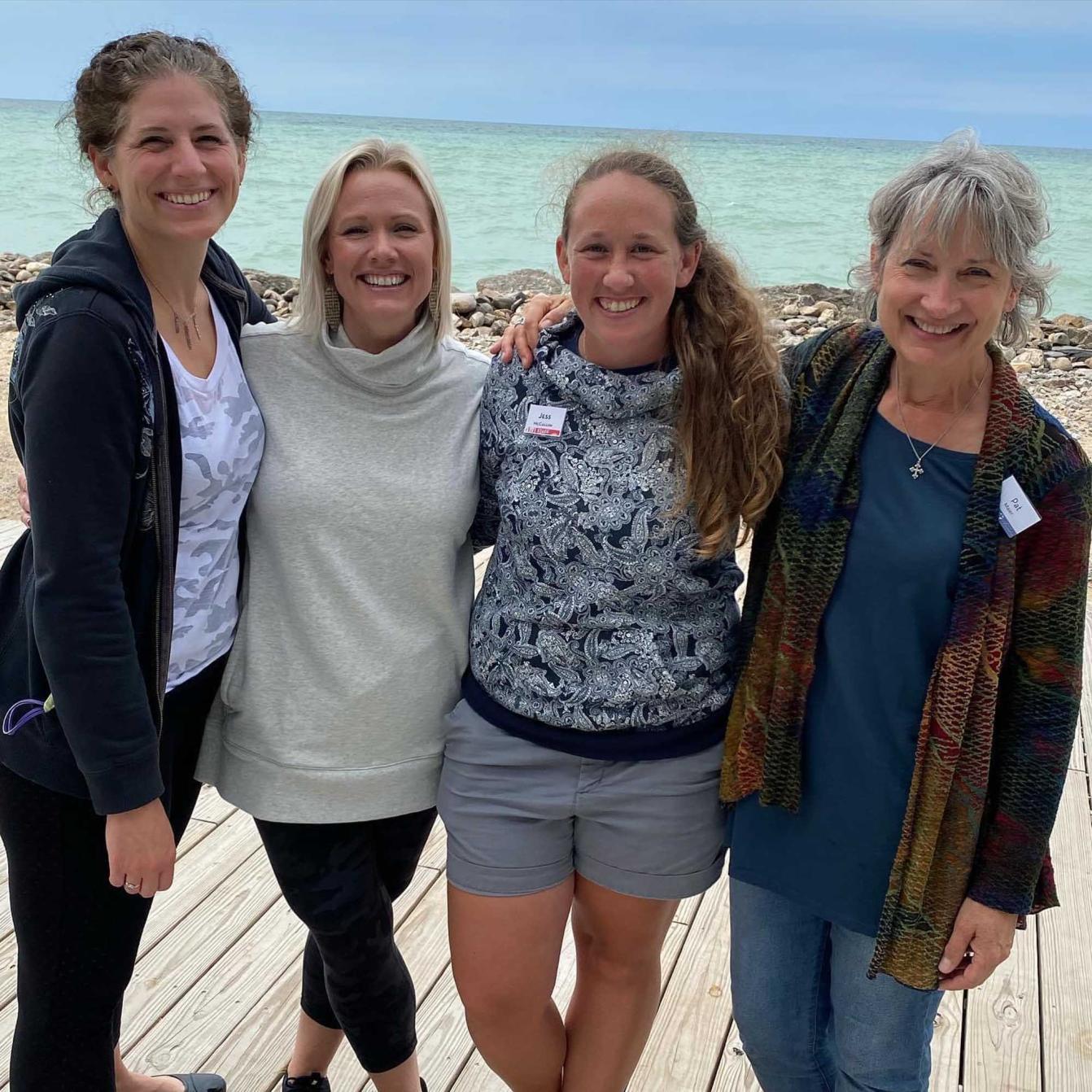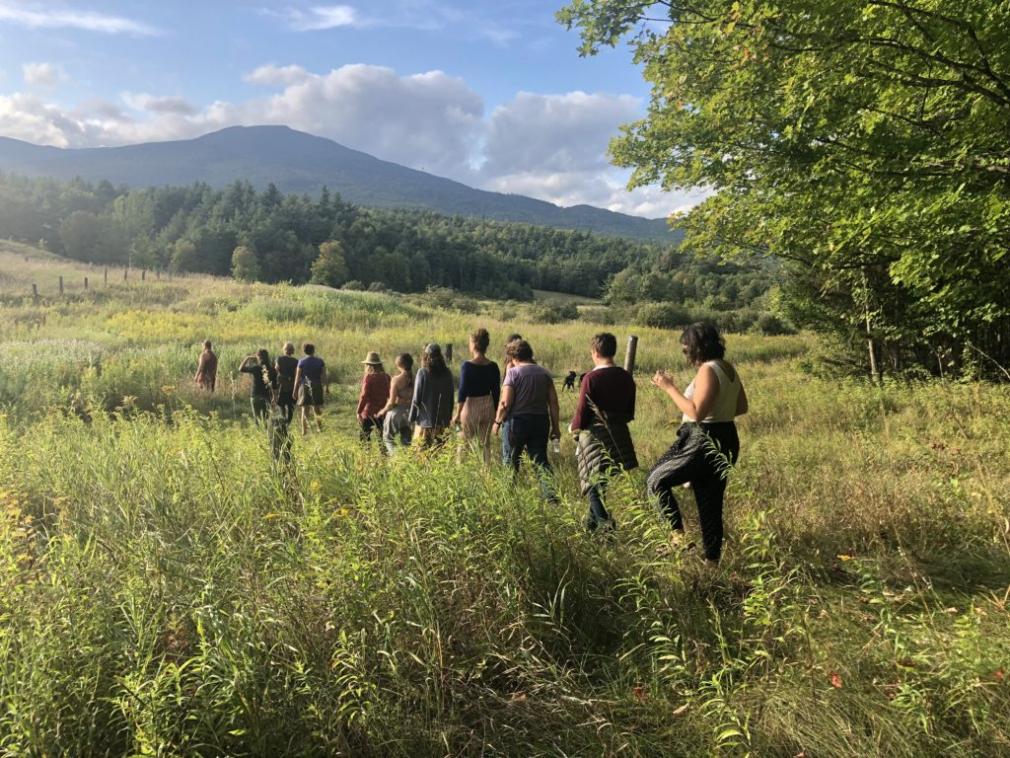Investigating the Role of Nature and Outdoor Activities in Promoting Wellness During Retreats
In today's fast-paced and technology-driven world, the importance of wellness and self-care has become increasingly recognized. Wellness retreats have emerged as a popular means of promoting overall well-being, offering individuals the opportunity to escape from daily stressors, reconnect with nature, and engage in activities that nurture their physical, mental, and emotional health.

This article delves into the significant role that nature and outdoor activities play in enhancing wellness during retreats. We will explore the scientific evidence supporting the benefits of nature exposure, discuss the unique advantages of outdoor activities, and highlight the importance of retreat design and program elements in creating a transformative experience.
Nature's Impact On Wellness
Numerous studies have demonstrated the positive impact of nature on human health and well-being. Spending time in natural environments has been linked to reduced stress levels, improved mood, enhanced cognitive function, and a stronger sense of connection to the world around us.
- Biophilia: The innate human affinity for nature, known as biophilia, plays a crucial role in our well-being. Exposure to natural elements, such as plants, water, and fresh air, can trigger positive physiological and psychological responses.
- Stress Reduction: Nature has a calming effect on the nervous system, helping to reduce stress and anxiety. Studies have shown that spending time in natural settings can lower blood pressure, heart rate, and cortisol levels, the body's primary stress hormone.
- Mood Enhancement: Exposure to nature has been found to boost mood and promote feelings of happiness and contentment. Interacting with natural elements can stimulate the release of endorphins, brain chemicals associated with pleasure and well-being.
- Cognitive Function: Research suggests that spending time in nature can improve cognitive function, including attention, memory, and creativity. Natural environments provide a restorative experience that allows the mind to rest and recharge, enhancing cognitive abilities.
Outdoor Activities And Physical Wellness
In addition to the benefits of nature exposure, outdoor activities offer unique advantages for promoting physical wellness.
- Increased Physical Activity: Outdoor activities encourage physical movement and exercise, which are essential for maintaining a healthy lifestyle. Engaging in outdoor activities can help individuals meet their daily physical activity goals and improve their overall fitness.
- Exposure to Nature: Outdoor activities provide an opportunity to immerse oneself in natural surroundings, amplifying the benefits of nature exposure discussed earlier. The combination of physical activity and nature immersion can lead to enhanced well-being and a deeper connection to the natural world.
- Social Interaction: Many outdoor activities are social in nature, fostering connections with others and promoting a sense of community. Social interaction is a key component of overall well-being and can contribute to improved mental and emotional health.
Nature-Based Therapies

The growing recognition of the benefits of nature and outdoor activities has led to the development of nature-based therapies, which utilize natural elements to promote healing and well-being.
- Forest Bathing: Forest bathing, also known as Shinrin-yoku, is a practice that involves immersing oneself in a forest environment. Studies have shown that forest bathing can reduce stress, improve mood, and boost the immune system.
- Ecotherapy: Ecotherapy involves therapeutic activities that take place in natural settings. These activities may include nature walks, gardening, or simply spending time in a natural environment. Ecotherapy has been found to be effective in treating a variety of mental health conditions, including depression, anxiety, and post-traumatic stress disorder.
- Horticultural Therapy: Horticultural therapy utilizes plants and gardening activities to promote physical, mental, and emotional well-being. Engaging in gardening has been shown to reduce stress, improve mood, and enhance cognitive function.
Retreat Design And Program Elements
The design of a wellness retreat and the program elements offered play a crucial role in promoting wellness outcomes.
- Retreat Leaders and Facilitators: The retreat leaders and facilitators set the tone and create a supportive environment for participants. Their expertise and guidance can help individuals get the most out of their retreat experience.
- Program Elements: Effective retreat programs typically include a combination of activities that promote physical, mental, and emotional well-being. These may include guided nature walks, mindfulness practices, yoga, meditation, group discussions, and nature-based therapies.
- Supportive Environment: A well-designed retreat provides a supportive and nurturing environment where participants feel safe and comfortable to explore their inner selves and work towards their wellness goals.
Personal Experiences And Case Studies

To illustrate the transformative power of nature and outdoor activities during wellness retreats, we share personal experiences and case studies of individuals who have attended retreats and experienced positive outcomes.
- Sarah's Story: Sarah, a corporate executive, attended a wellness retreat in the mountains. Through guided nature walks and mindfulness practices, she discovered a deeper connection to nature and a renewed sense of purpose in her life.
- John's Story: John, a retiree, participated in a retreat that focused on ecotherapy. Engaging in gardening and nature walks helped him overcome his anxiety and depression, leading to improved mental and emotional well-being.
The integration of nature and outdoor activities into wellness retreats offers a powerful approach to promoting overall well-being. By harnessing the restorative power of nature, engaging in physical activities, and incorporating nature-based therapies, retreats can provide individuals with a transformative experience that nurtures their physical, mental, and emotional health.
We encourage readers to consider incorporating nature and outdoor activities into their own lives for improved well-being. Whether it's taking a walk in the park, practicing mindfulness in a natural setting, or attending a wellness retreat, connecting with nature can lead to a more fulfilling and balanced life.
Call To Action
If you are interested in finding a wellness retreat that aligns with your needs and interests, there are several resources available to help you.
- Online Directories: Websites such as BookRetreats and RetreatGuru provide comprehensive listings of wellness retreats worldwide, allowing you to search and compare different options.
- Travel Agents: Some travel agents specialize in booking wellness retreats. They can provide personalized recommendations and assist you in making arrangements for your trip.
- Word-of-Mouth: Ask friends, family, or colleagues who have attended wellness retreats for their recommendations. Personal experiences can be invaluable in choosing the right retreat for you.
We hope this article has inspired you to explore the transformative power of nature and outdoor activities in promoting wellness. By embracing the healing benefits of nature, you can embark on a journey towards a healthier and more fulfilling life.
YesNo

Leave a Reply